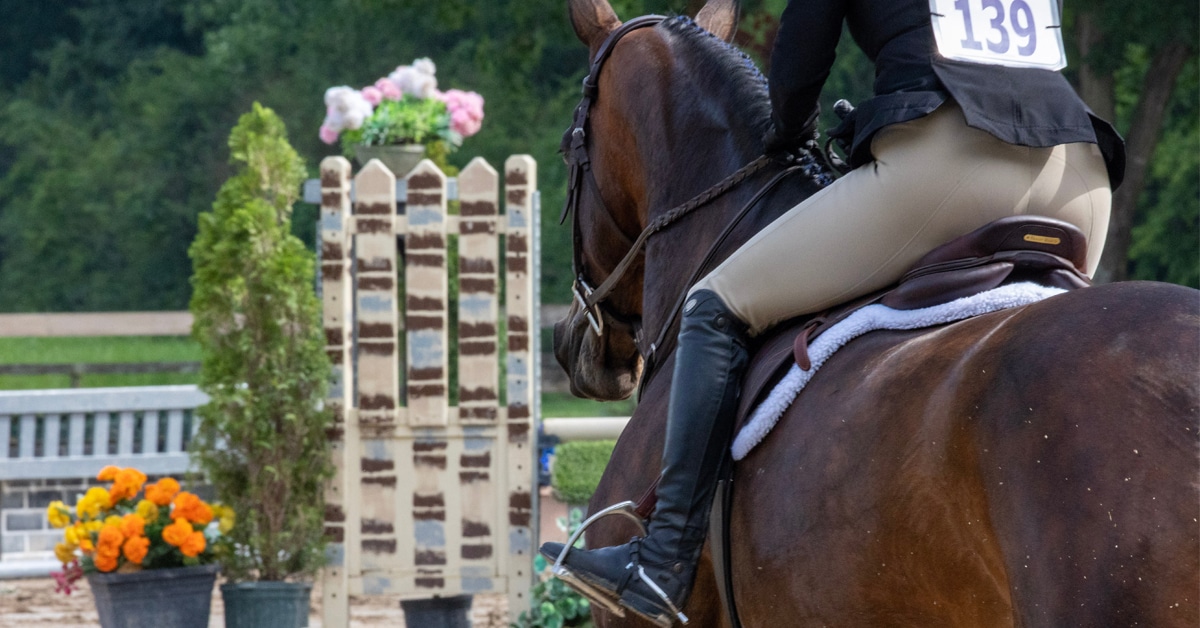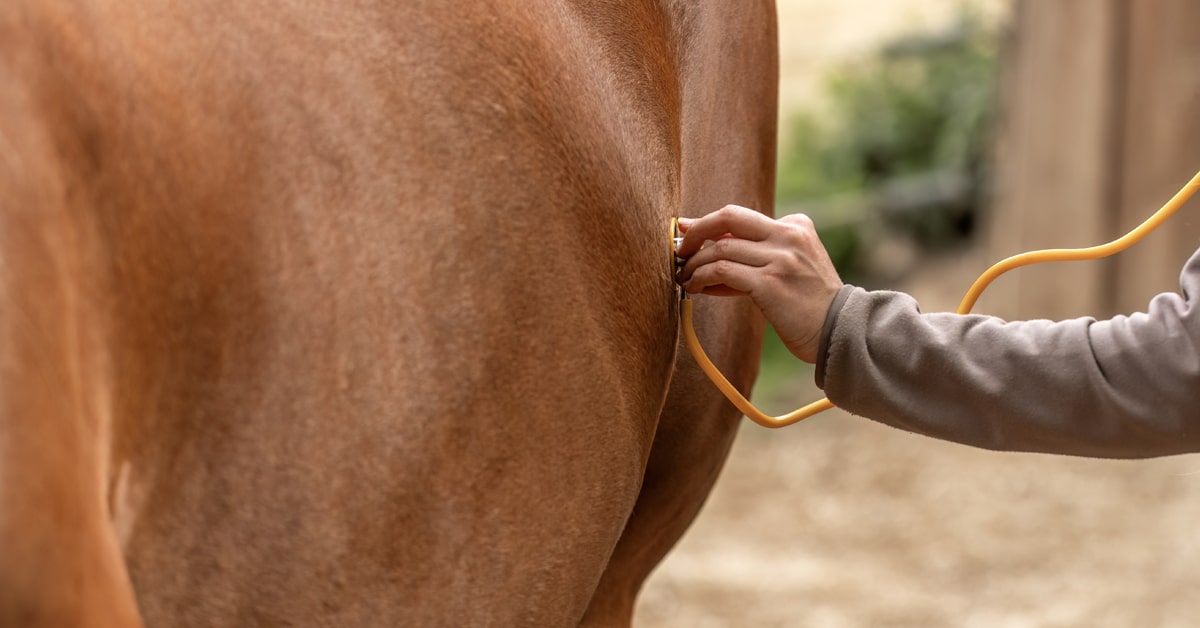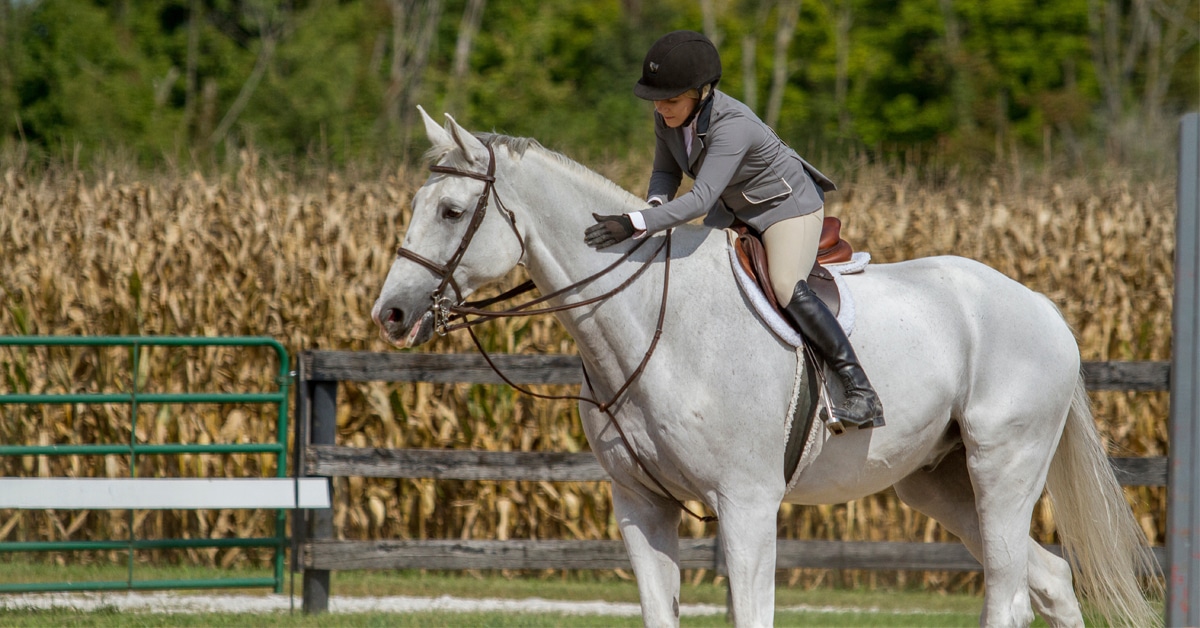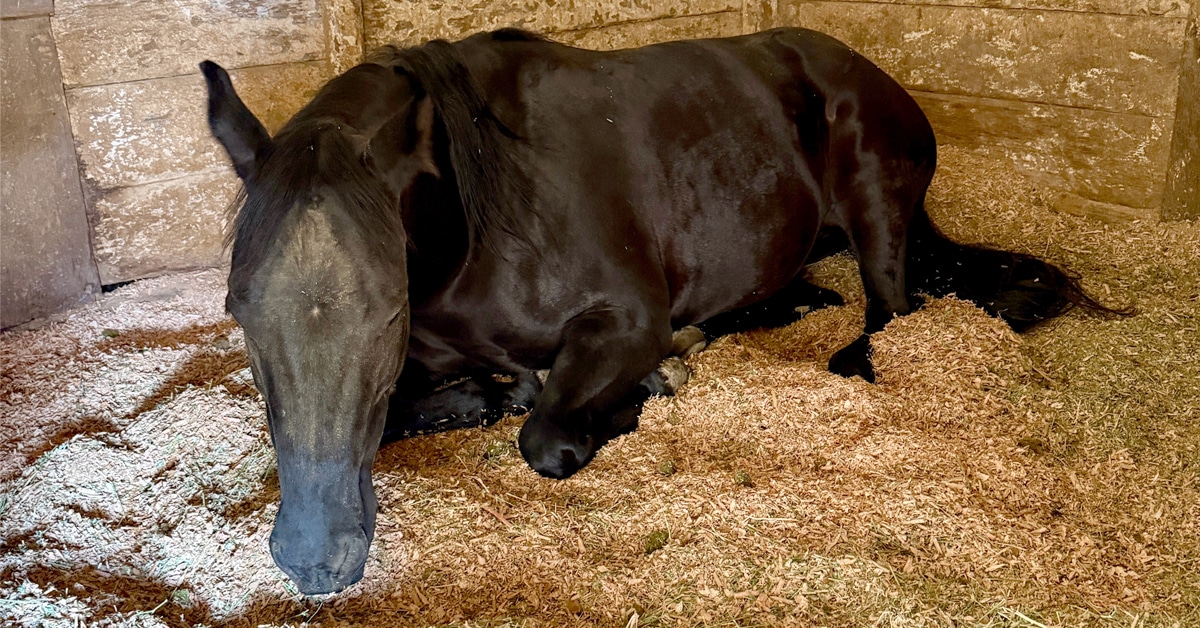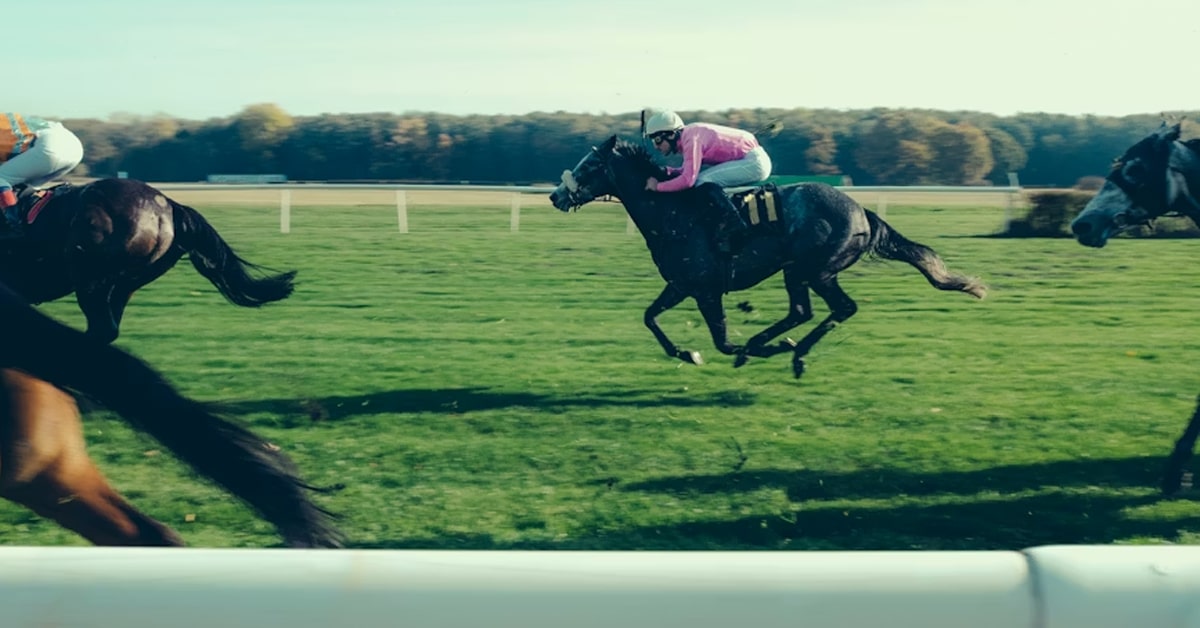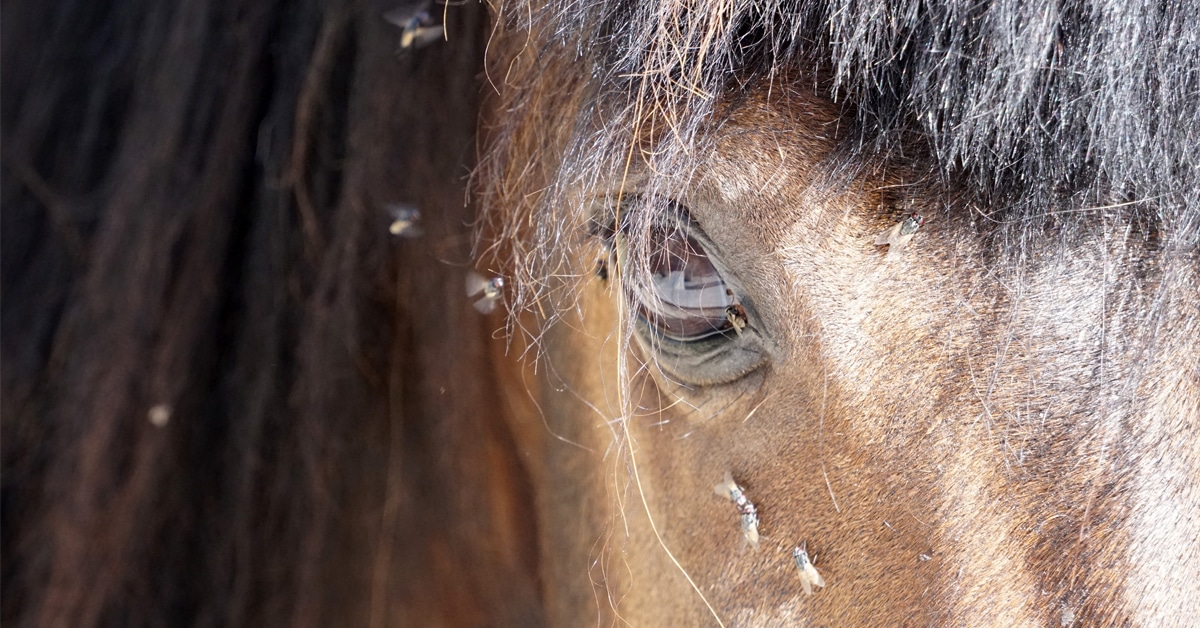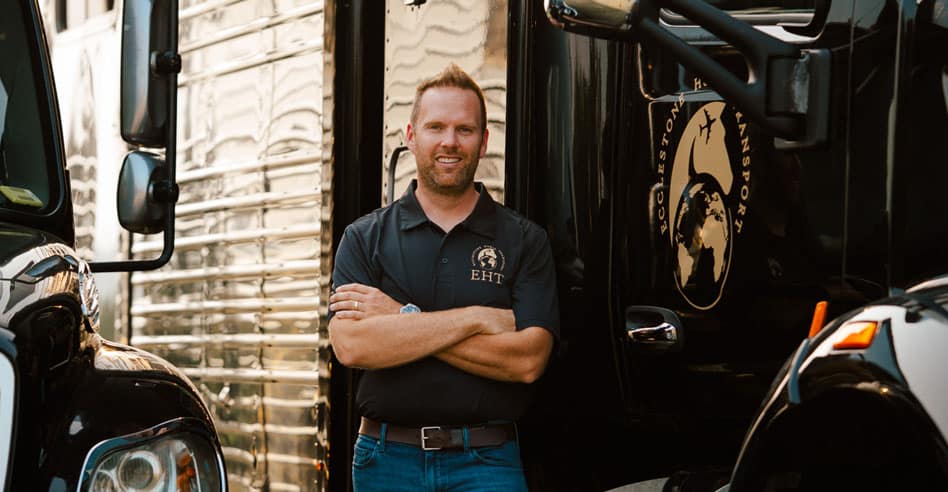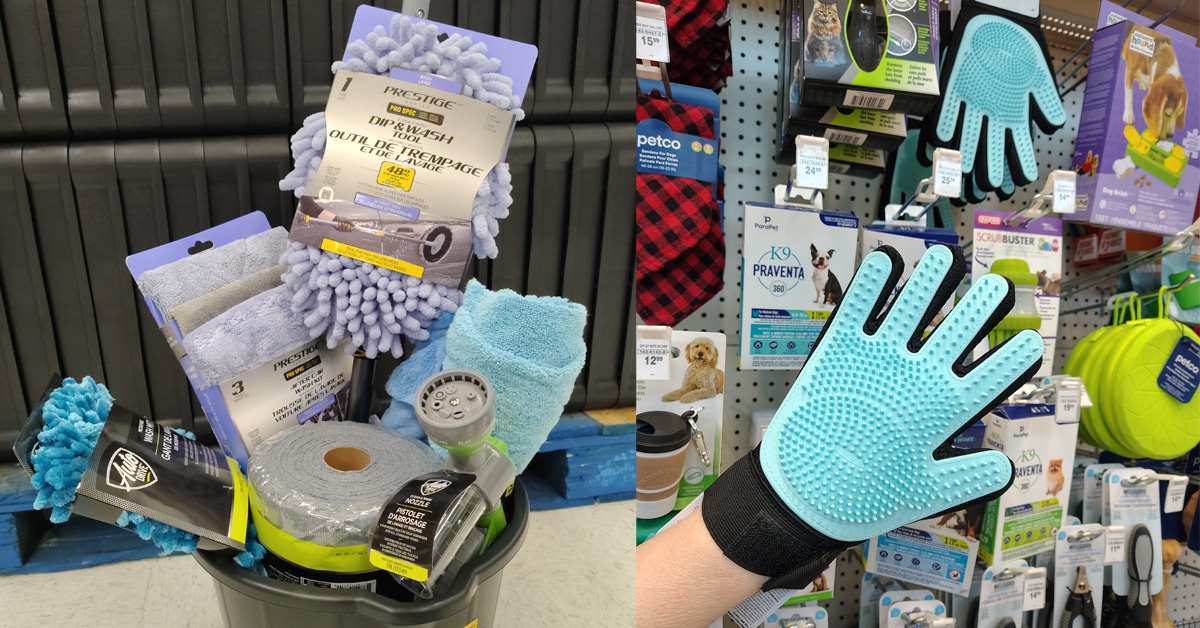The Ontario Equine Education and Employment Program (OEEEP) was launched in January of 2022 and has proven to be a welcome win-win opportunity for both Ontario residents and employers in the equine industry. The initiative, with its $2.1 million budget, pairs people interested in learning about and working with horses with employers who are actively seeking help for their racing business, hunter/jumper/dressage/ or eventing barn, breeding facility, boarding operation ‒ or any other equine-related position anywhere in the province.
Employers involved in the program benefit not only from being able to hire on much-needed help who already have important skills, but also enjoy financial breaks. The program will subsidize the employee’s wages at $15.00 per hour for the first 70 hours and $250 per week for the next four weeks as they settle into their new jobs. Employers may also be eligible to be reimbursed up to $1,000 for loss of productivity for time educating new placements.
How The Program Works
The program was created by the Ontario Harness Horse Association (OHHA) in partnership with the Ontario government through the Ministry of Labour and is supported by Equine Guelph through their online training on TheHorsePortal.ca and the EquineJobTrack.ca site. Courses are free and the program matches enthusiastic graduates with busy equine businesses.
Interested persons take an eight-week virtual training course to learn more about the care and welfare of horses from industry experts and gain valuable experience. A job placement is waiting at the end of the program.
- No previous experience with horse handling required
- Must have a passionate interest in working with/caring for horses or other equine related jobs
- Currently unemployed or underemployed
- Not in full-time education/training
- Ontario resident 18+ years of age legally entitled to work in Ontario
Seeing it Work

Candelaria Baigorria.
Candelaria Baigorria is an OEEEP grad working at Leslie Laing’s Edgewood Equine Inc. in Campbellville, ON. Unlike some program participants, she already had a solid background with horses, beginning with growing up in Argentina on her polo-playing father’s farm. “I moved to Canada when I was four years old and started to take horseback riding lessons. I have been jumping for ten years now.”
Candelaria decided to take the OEEEP course “so I could have more knowledge about horses and be better prepared for finding a job working with horses, and for job interviews. I really enjoyed it! I learned so many interesting things about horses, how to take care of some injuries, anatomy, the digestive system, and why it is so important to feed them a healthy diet.”
She added, “I am so happy with my career, because it was my dream job when I was little. I remember playing a game on the Nintendo where you have to help a horse get ready to ride, and now I do it in real life! I am doing what I love the most, being around and taking care of horses.”
Candelaria’s employer Leslie Laing initially saw a Facebook post about the OEEEP and was intrigued enough to take the Zoom seminar offered to learn more about the program. “Following that I reached out to Brian Tropea at the OHHA, who delivered the seminar, and he was very helpful, answering questions on how to get started. Brian came by to visit our farm a few days later and delivered the OEEEP package that outlined more of the details, forms etc., which gave us all we needed to get started.”

Leslie Laing.
Leslie and some of her team have had previous good experiences with Equine Guelph courses. “They are a great resource for those wanting to know more and educate themselves on specific areas/topics . As a rider, coach and barn owner I see the need for an opportunity to put what you learn to practice, and the need for good people who want to work. Hiring and retaining good staff is a challenge for all barn owners, trainers and managers across disciplines. Our industry needs to broaden the foundation and find people who want to work, no matter what discipline or sport you’ re talking about.
She continued. “Acquiring horse experience is unapproachable for many: knowledge, hands-on experience, and employment support for most is a challenge. This program combines an element of each ‒ Equine Guelph provides an introduction of basic knowledge, VPI provides employment counselling and support, and the barn offers the opportunity for hands-on training and experience with the horses.”
She explained how the wage subsidy worked. “We were subsidized for the first 70 hours, and we are currently still within this timeline as our student is working part-time. Going forward we would receive $250/week for the next four weeks to offset training expenses.”
Leslie is definitely pleased with the process and wouldn’t hesitate to do it again. “The team at OHHA has been super-responsive and supportive in the follow-up to any questions. An accessible program like this is critical for our industry; we need an open door to help introduce people to horses, to make our industry more approachable, provide some knowledge, support and awareness ‒ a pathway in, and they can take it from there.”

Ihab Elmeniawi.
Ihab Elmeniawi took the OEEEP course and is now employed in the exciting world of Thoroughbred racing at Woodbine Racetrack. Despite a passion for horses from a young age, riding whenever he had the chance, “I didn’t have any professional or work experience with horses.” The work situation (or lack of it) during the pandemic struck down many in the job force, prompted his decision to change careers. “Since the pandemic, my job in graphic design and printing was affected like many other people. I thought about starting a new career, but it had to be something I am passionate about. So I thought of my childhood dream and said ‘why not?’ When I saw the OEEEP ad on Facebook, I said ‘here is my sign’ then it went from there.”
He found the course very welcoming and informative. “For someone just getting started in the equine field, the information in the program was just right and not overwhelming. The way it was structured made it easy to go through the program which was composed of reading materials, audio and videos, and the instructors were very supportive.”
Upon completing the course, his job placement was at Woodbine racetrack as a hotwalker for trainer Michael De Paulo. “What made the transition easy is the support I got from the OEEEP team and the team at Michael P. De Paulo stable,” said Ihab. “I would recommend this program to anyone who’s interested to start a career in the equine field. It is hard work, but rewarding if you love horses; there are many opportunities if you’re ready to put in the work.”

Mitchell Tierney (blue and white), driver Austin Sorrie behind, and Dustin Boyd with horse Jula Marionette.
Mitchell Tierney, who runs his Standardbred racing stables out of Baycairn Training Centre in Freelton, ON, heard about the program through a friend who was involved, thought is sounded like a great idea and opted to give it a try. “I decided to hire a graduate because of the effort the program goes into to give them knowledge to be ready to work in the setting best suited for them,” he explained. “We took advantage of the subsidized wages and employer bonuses; what a great way to start the cycle with a little incentive!”
Watch this video of program graduate Susan Walker chatting with Equine Guelph’s Gayle Ecker about her own OEEEP experience:
Final Course Offering!
Due to the high demand and overwhelmingly positive feedback from employers, one more OEEEP offering has been added. The eight-week virtual training course will run August 8th to Sept 30th (with a July 29th deadline to apply). There are just 60 spots available, so don’t miss out! Sign up HERE.
The Latest
